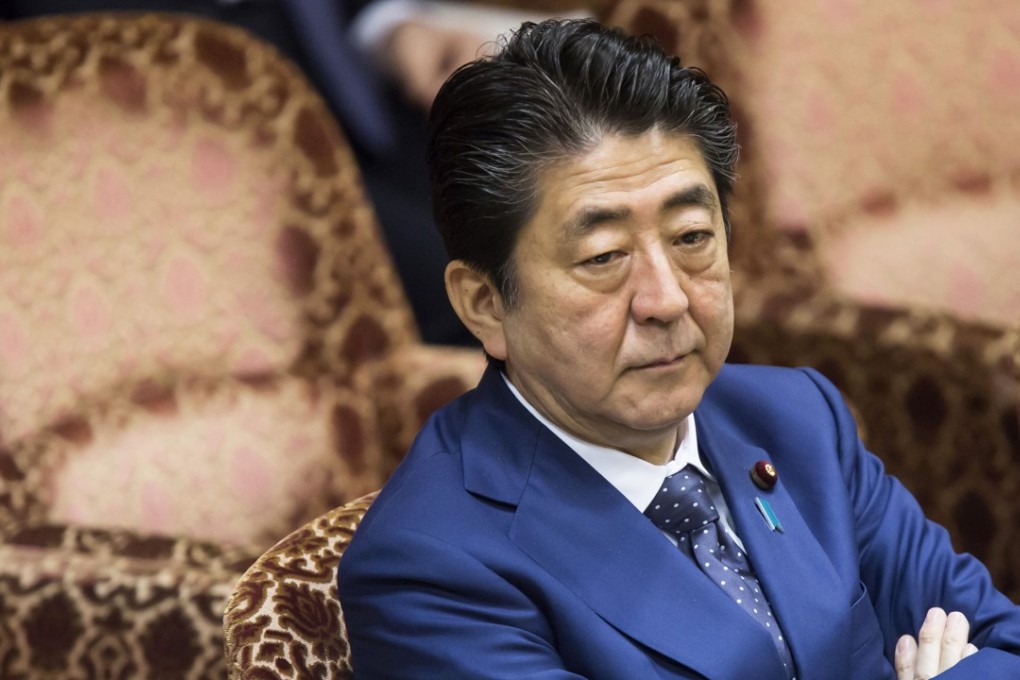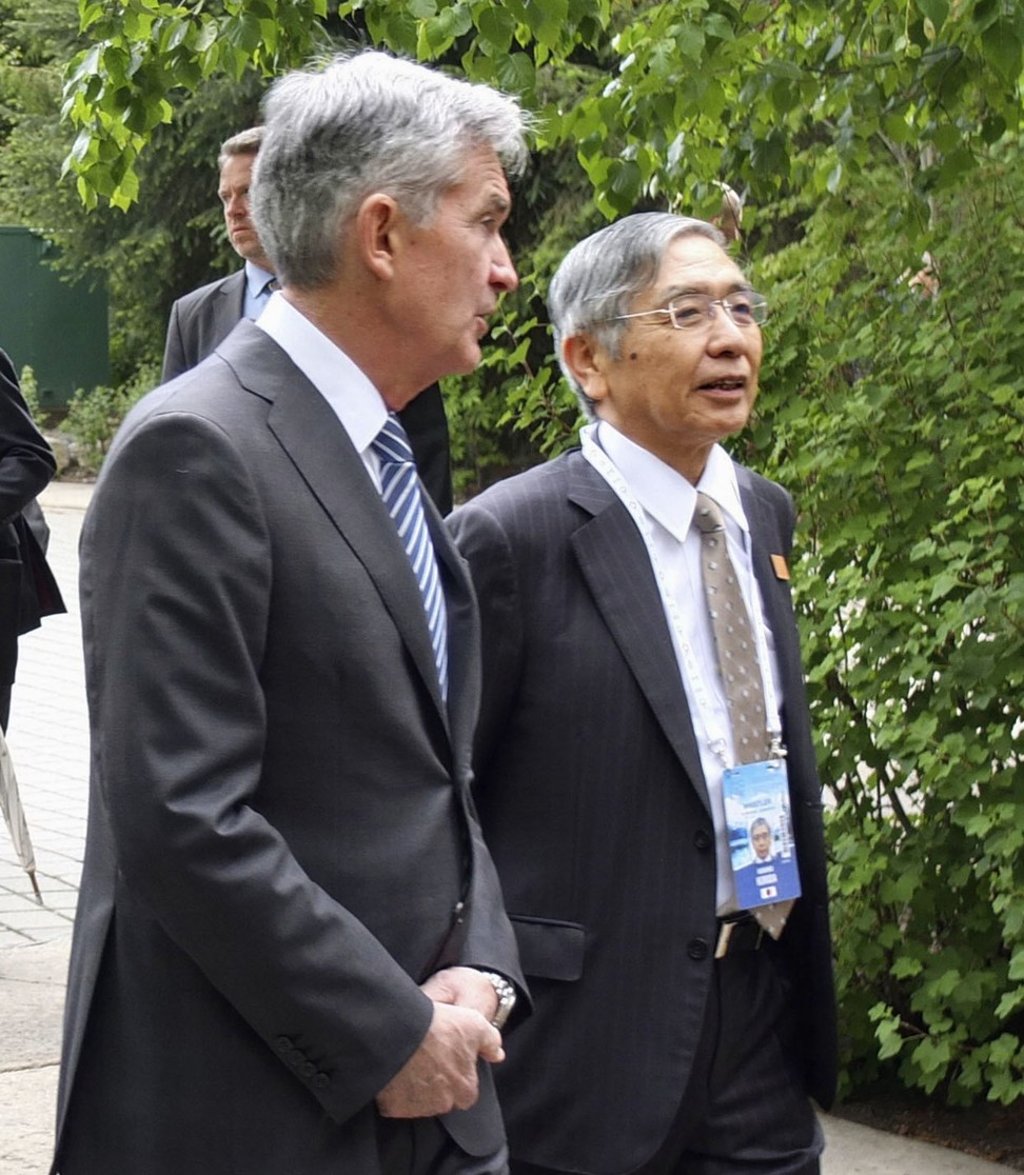Advertisement
Abenomics is dead. Japan’s economy needs a more fundamental solution
Anthony Rowley says Shinzo Abe’s economic plan has clearly failed to bring the growth he promised, and more disappointment lies ahead with a slump in global demand and Japan’s continually ageing society
Reading Time:3 minutes
Why you can trust SCMP
0

Are Japanese Prime Minister Shinzo Abe's Abenomics policies dead? Bigger things (the Trump-Kim summit and threatened trade wars) have overshadowed recent developments in Japan, but these developments could affect the balance of power in East Asia.
Abenomics was designed to finance a growing economic and strategic role for Japan in Asia and beyond. An economically more powerful Japan could then become stronger militarily and strategically, counterbalancing China.
But Abenomics was sold to the world as an innocent and neutral strategy for ending deflation in Japan, allowing it to become a dynamo of global economic growth.
The first two of the “three arrows” Abe unveiled shortly after taking power in 2012 were monetary stimulus and fiscal expansion measures. There were high expectations that monetary policy would give Japan's economy real velocity after years of deflation and stagnation when Haruhiko Kuroda took over at the Bank of Japan in 2013.
A former senior Ministry of Finance official and president of the Asian Development Bank, Kuroda also wanted to restore Japan but could not directly back both the first and second arrows.
Advertisement
